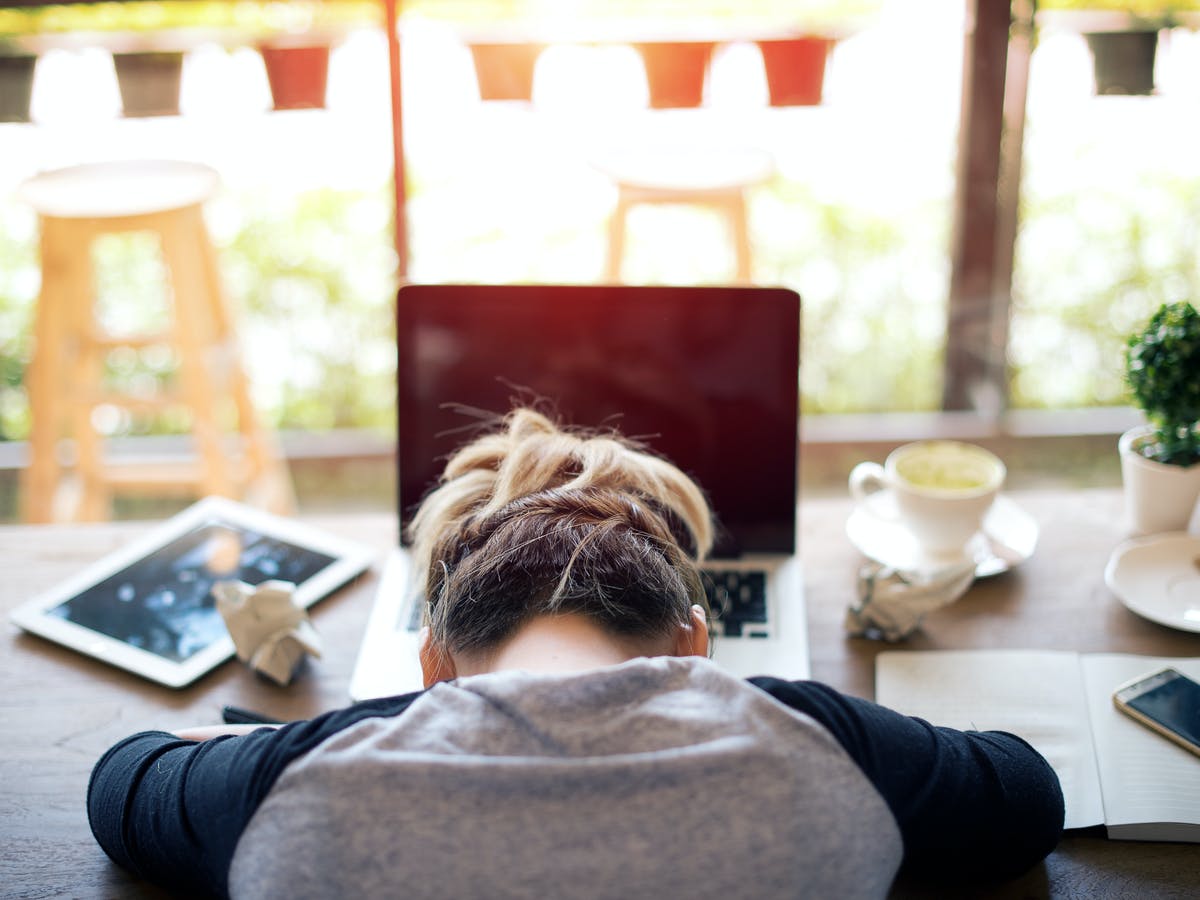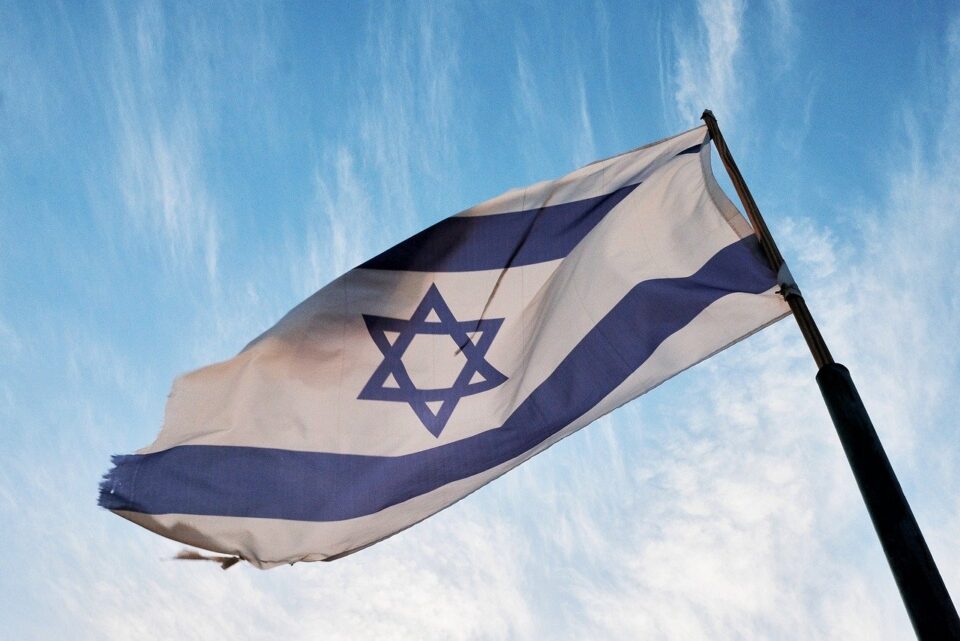
MCKENNA: Remote Education Sucked. Now What?
October 28, 2021
New Ad Campaign Aims to Educate NJEA Members About Their ‘Controversial’ Leaders
November 3, 2021Q&A: Meet the Team Behind the Local Foundation Pushing for Educational Innovation
Three years ago Kyle Rosenkrans, a first-generation college graduate, civil rights lawyer, law professor, and public policy advocate, founded the Newark-based New Jersey Children’s Foundation.* The goal of NJCF, where Rosenkrans serves as Executive Director, is to support and advocate for parents, teachers, and students, not only in Newark but throughout the state. NJCF just announced two significant additions to its team, which already include Deputy Director Kennisha Miles and Executive Director-In-Residence Sarah Yan. These two new staff members– Senior Director of Public Policy Colleen Schulz-Eskow and Director of External Relations Galen Johnson –represent a major expansion of NJCF’s vision and capacity. I wanted to learn more.
The whole NJCF team kindly accommodated me in a virtual “roundtable” where we discussed the urgent needs of Newark and New Jersey’s other low-income school districts, as well as new directions NJCF will take. Here is a lightly-edited transcript of our conversation.
Hi, everyone. Kyle, would you tell me why you decided to make these big hires?
Rosenkrans: We’ve always believed that the next phase of improving education for students requires new leaders who can lead us through the post-COVID advocacy and policy work, which is where NJCF lives. We knew we needed folks with specific expertise. Galen has deep roots in Newark and is embedded in the community. Colleen has decades of experience in policy–she spent twenty years at the New Jersey Department of Education in multiple roles, like Deputy Chief of Staff and managing legislative affairs and policy development for the department and then led the DOE’s COVID response efforts. This expansion of our team tees us up for more effective advocacy.
How big a factor is COVID in your decision to expand?
Rosenkrans: It’s huge. While we’re still waiting on some data, COVID has created a new baseline to measure our kids’ needs. The scale of the problem is bigger than anything we’ve ever seen. At this defining moment we have to rethink all our institutions because there’s so much work to be done—not just government and cities but also the whole non-profit and philanthropic sectors.
Look, I hadn’t always planned on scaling up. I get up on a soapbox sometimes and talk about unnecessary non-profit growth and mission creep. But the amount of stress we all experienced during COVID proves that we need new experts, a greater diversity of leaders. Our response to this moment shapes what we’ll be able to accomplish in the future.
I take it you don’t see COVID as a blip in the education world.
Rosenkrans: This is not a perfect analogy but I think of it as a natural disaster situation. First there is the response phase: getting food and water to people, providing help with basic life needs, including one-on-one devices and internet and a variety of other supports. Then there’s the much longer phase in any recovery from a natural disaster and that’s the Herculean effort that lies ahead. In our view, philanthropy, non-profits, and civic institutions can play an important role. We want to help.
For those of you who were already at NJCF, what have been your primary projects? And for those of you who are new, how do you see your roles?
Yan: I’ll start! I’ve been in Newark for a decade, first through Teach for America and then in the Newark Public Schools District. Most recently I was in charge of recruitment and staffing for Superintendent Roger Leon. When COVID first hit, I worked with the 17 public charters in Newark to provide a hub for sharing information and problem-solving. Especially in the early part of the year we didn’t know what was happening. Since then, we’ve shared all our knowledge with the Newark Public Schools district. We’re all in this together.
What do you mean?
Yan: I mean that the charter and district sectors are partners and we help facilitate that partnership by directly supporting schools and identifying needs. When Newark Enrolls [the district universal enrollment system] needed technical support, we were able to use our statewide networks to provide the necessary assistance. We’ve had “convenings” where school leaders have a chance to meet, to share problems, to brainstorm solutions, to scale up efforts.
COVID has forced a reckoning in so many areas and pushed issues that had been brewing to the forefront. Like with the digital divide, so many different organizations came together. And the district has been with us all the way, constantly engaging with us. One of NJCF’s core values is charter-district collaboration. So sometimes we are bringing issues to the district and sometimes they are bringing issues to us. We’re true partners. We’re there to help the superintendent get out his message to all NPS schools and the 17 charters.
How about you, Kennisha?
Miles: Oh, I’ve been here since day one, first coming in as Director of Operations before moving to Deputy Director. I’m doing fund-raising, grant-writing, human resources development, everything that makes NJCF run. Collaboration among different sectors has always been my goal, including when I was at the Newark Charter School Fund.
Rosenkrans: And Kennisha’s value just grows over time. She’s my co-partner in growing the organization.
Galen, how do you see your role leading External Relations?
Johnson: Community partnerships are essential in a time of crisis. Faith-based groups, youth sports groups, school groups must all come together to support children. The schools can’t do it all. I’m here to be the nexus for all these groups. While I’ve only lived in Newark for five years, I know the potential. I ran the Little Leagues, the basketball programs in the North Ward Center, plus I was a teacher in East Orange. I know I can move our mission forward.
And Colleen? It must be a big change from the state Education Department to an advocacy group.
Schulz-Eskow: COVID has been, as Kyle says, a natural disaster of unimaginable reach but it has also provided us with an opportunity to innovate. I’ve sensed for a long time a clear appetite around the state to raise expectations of what public education looks like. The sky’s the limit! We now know that students can learn in a variety of ways so there will be an organic need for institutions to harness this new information
Yet there are so many challenges. In Newark particularly, we’ve seen steep enrollment declines across the city–a 34% drop in kindergarteners. How do we support families, who have experienced so much trauma, with the information they need so they feel safe in sending their children to school? How do we help them navigate the enrollment process?
City schools, both traditional and charter, have a dearth of bus drivers and cafeteria workers. The teacher pipeline is shrinking and not nearly diverse enough. And think about facilities: Newark and other low-income cities have an urgent need to rebuild their brick-and-mortar buildings. COVID has reminded us, given us a stronger call to action, of what we should have been doing all along. Regardless of whether a school is charter or district, our collective fates are tied together.
Speaking of facilities, a common criticism of our charter school law is that NJ doesn’t allocate money for charter buildings, leaving charter operators to hash it out on their own.
Rosenkrans: Actually, we’ve found a lot of common ground with the Murphy Administration on this. We’re not the only ones who believe investments in public education should travel in an equitable way throughout our schools, whether we’re talking school security or necessary renovations. I think Gov. Murphy has been really strong on this.
Do you think we’re going to see permanent changes in the way we deliver instruction, like in remote learning?
Rosenkrans: I don’t think COVID ushers in some new model of fully remote school. No one wants that–virtual charters have poor outcomes. There’s a push to be in the building and a chronic hope that it will be different. At the same time, I think we could see pockets of change now that delivering school remotely has been proved possible.
Schulz-Eskow: Yes, there’s an opportunity now we shouldn’t lose, a momentum to really do what’s best for kids.
What about those who say we should be solely focused on social-emotional learning versus academics? Where do you fall on that?
Schulz-Eskow: We have to be really thoughtful about spending the federal stimulus money. Here’s one example: the NJCF-funded collaboration between Great Oaks Legacy Charter School and Metropolitan Baptist Church creates a powerful tutoring model for kids throughout the city to help them begin to recover from learning loss. This is a monumental project and it’s how you maximize the movement, for the COVID era but beyond that too.
To finish up, can you tell me what aspect of NJCF you are most proud of?
Schulz-Eskow: What led me here is the commendable people focused on supporting the community. NJCF, for its entire existence, has been the organization you go to when you need to solve problems. It’s never about picking sides, it’s always about the betterment of all families and students.
Johnson: This organization is a connector. Education in NJ –everywhere, probably, but certainly here– has always been so divisive. But not NJCF! It’s where kids are first for real. Every decision is made with the children foremost in mind.
Miles: I think I’m most proud of our investments in grassroots advocates. We wouldn’t be as successful if we weren’t surrounded by folks who want to be so involved.
Yan: I’m really proud of our COVID-19 Compact, where every one of our public charters collaborated on a series of common safety standards so that Newark parents would feel comfortable sending their children to school. Our team is leading a change in perspective where people think beyond their own small school community, regardless of where their children are enrolled. This is the tide that raises all boats because the improvement of each and every school leads to a better school system. I’m really proud to be part of that.
*NJCF is a grantor to brightbeam, which supports NJ Ed Report.




